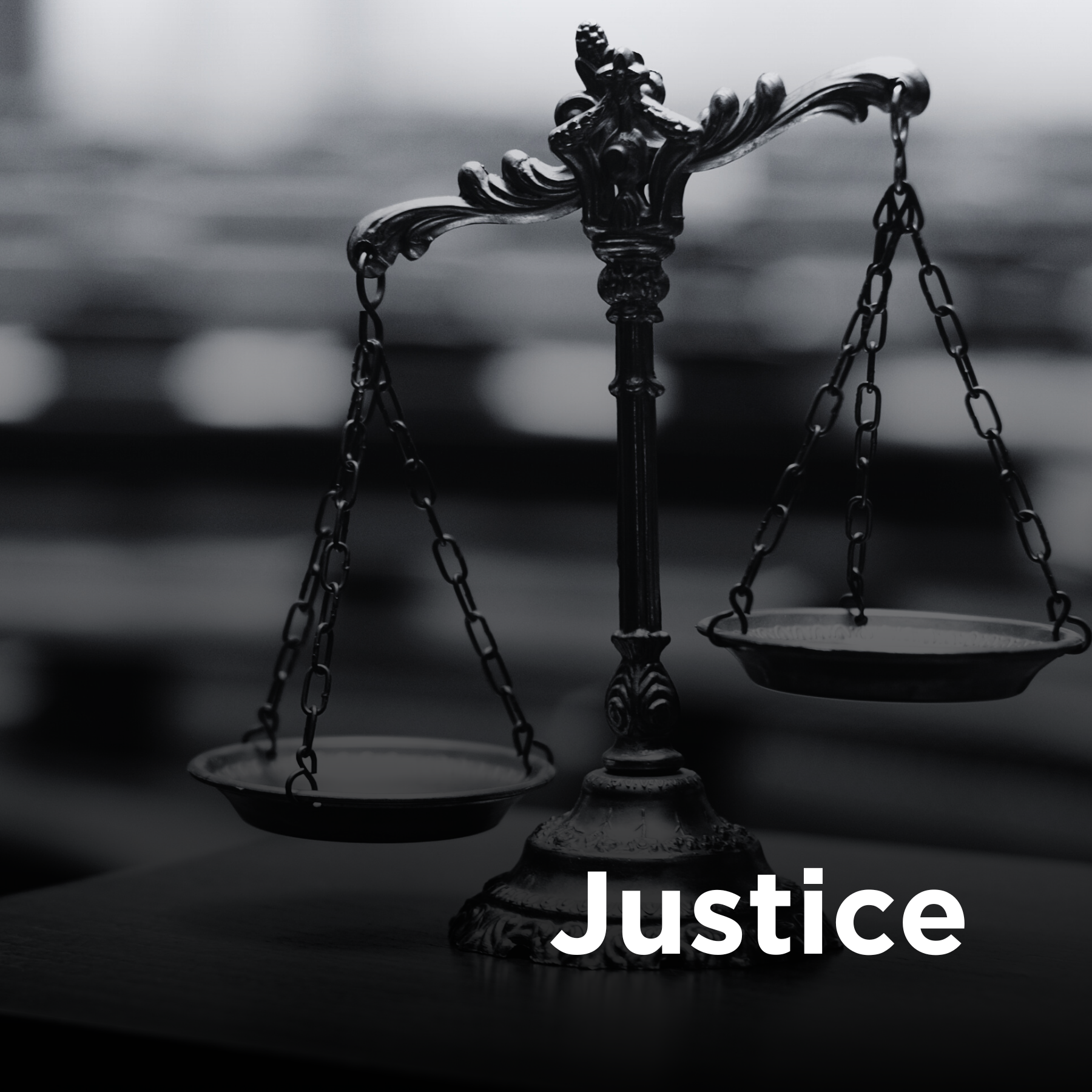
By Jabriel Hasan, Task Force Co-Chair
This reflection from the Truth & Reparations Task Force follows Juneteenth and July 4th, which honor national milestones in the advancement of liberty and justice for all. I reflect as an American of primarily African descent and a Black Episcopalian. I also recognize that my genes, like many other Americans, weave a more complex ethnic tapestry, revealing both Indigenous and European lineages. That richness conveys the history, and even open secret, of ethnic mixing in Virginia and the American South. Despite historical legal efforts and social customs, blood testifies that we are simply not as divided as such conventions suggest.
Part of my genealogical legacy points to Mrs. Martha Mayes Godfrey, my great grandmother (5x) and one of my oldest known paternal ancestors. The Mayes family enslaved her, beginning in Tennessee until transferring their residence to Double Bayou, Texas. Enduring enslavement, bearing children by her enslaver, and Reconstruction, she managed to emerge as a celebrated pillar of her community. She became a midwife and, with her husband, Zachariah Godfrey, owned a substantial parcel of land, such that she donated two acres to St. Paul Double Bayou Methodist Episcopal Church. Through bondage and freedom, she remained resilient. I offer gratitude to God that she survived that I may live to carry her story onward. None of the atrocities associated were so long ago that I fail to remember. Indeed, I know enough to not forget.
So here, I stand in the peculiar space of being a Black Episcopalian, living in the tense irony of a Black person in a colonial institution, instrumental in forming the theological and legal foundation for race-based enslavement in English North America. This paradoxical position compels me to continue the work of resilience, liberty, and justice. We cannot undo the past, but we can take better steps forward.